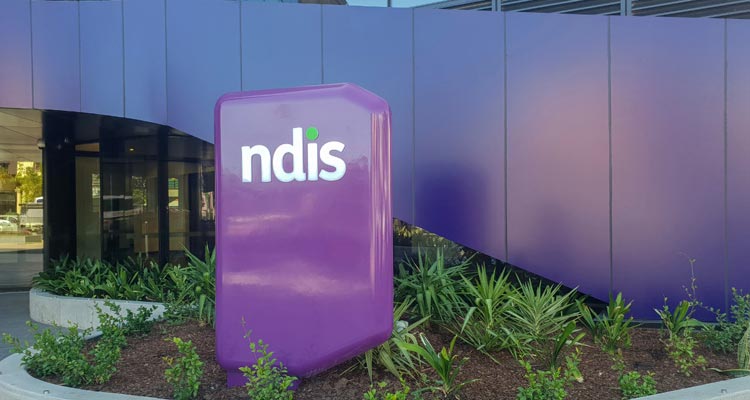
The NDIS, or National Disability Insurance Scheme, is a new government programme which provides funding for a wide variety of disability care services and other supports.
Under the new programme, anyone who has a disability will be eligible for NDIS funding amounts to pay for the care or supports they need to maximise their quality of life.
The NDIS is not welfare, it is an insurance-based scheme that invests in participants to improve long-term outcomes.
Previously each state and territory has managed disability support themselves, and the system was underfunded, unfair, fragmented, inefficient and gave people with a disability little choice.
The NDIS is a federally managed and funded safety net, providing a nationally consistent, lifetime commitment to supports for people with a disability in their everyday life.
You must have a permanent disability that:
You must also:
The NDIS covers a wide range of reasonable and necessary disability supports, services and equipment. These can include therapies, behaviour support, transport assistance, support in the home, education, living arrangements, home and vehicle modifications, communication assistive technology, mobility equipment, community participation activities, daily personal care assistance, funding to attend training and events, and support in gaining and maintaining employment.
Supports that the NDIS covers must assist with:
You do! Your NDIS plan will tell you how much funding you will receive for each support but it’s your decision how funds are managed. You can choose to manage your funds yourself or nominate the NDIS, a registered provider or someone else you trust to do it for you. With the NDIS you’ll always retain control over how, when and where your supports are provided.
How long is a piece of string? No-one can tell you that except the NDIS themselves when you receive your plan.
The NDIS looks at your individual goals and what reasonable and necessary supports you need to achieve these. They will take into account your age, stage of life, primary disability, functional impairment, living situation and your informal supports.
You can, however, take a look at the NDIS quarterly reports for your state and it will give you an idea of average funding packages for different age groups.
NDIS Local Area Co-ordinators (LACs) are locally based representatives who can support you in implementing your NDIS plan. This might include assisting you in finding community activities and mainstream services in your local area to help you achieve your goals. However, they can’t be as hands-on or involved as your support co-ordinator, which is why we highly recommend support co-ordination to make sure you’re getting the most out of your plan.
If you want to make changes to your plan down the track, you can always ask for a review of your plan or submit a change of circumstances form. You will need to discuss this directly with your NDIS planner or LAC. Make sure you explain how and why you need to make adjustments as clearly as possible. For example, if your circumstances have changed.
No, they don’t. After every plan review you will receive a new plan outlining supports and funds for the next period of time. While you have the choice and control to spend your funds strategically throughout the year, you cannot roll over unspent money.
Before you receive service from a provider you will need to make a written service agreement which sets out how and when your supports will be delivered and terms of payment. If you have a support coordinator you should ask them to help you negotiate your service agreements.